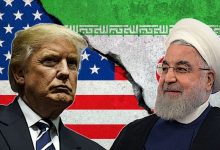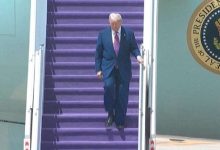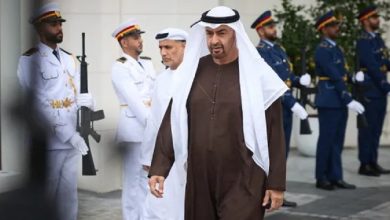Trump’s Foreign Policy Tightrope: Stalled Russia Deal, Soft Iran Approach, and Shifting US-Israel Tensions
As Trump’s Ukraine peace efforts stall and criticism of Israel grows in the U.S., his administration signals a softer tone on Iran and seeks trade wins to reshape global diplomacy.

Watan-Jacob Heilbrunn, editor-in-chief of the American magazine The National Interest, said that President Donald Trump’s efforts to reach a peace agreement between Russia and Ukraine appear to have stalled. His rhetoric toward Moscow has grown increasingly sharp, as the Kremlin escalates its missile attacks on Ukraine instead of pursuing a genuine ceasefire.
In reality, U.S. Vice President J.D. Vance clarified in a speech to leaders at the Munich Security Conference in Washington on Thursday that he has “not yet” lost hope. However, he noted that he believes Russia is “asking for too much.”
Yet the very obstacles preventing a deal—namely Russia’s desire to crush Ukraine as a sovereign nation—may push Trump toward a more conciliatory track in other areas, such as tariffs and the Middle East.
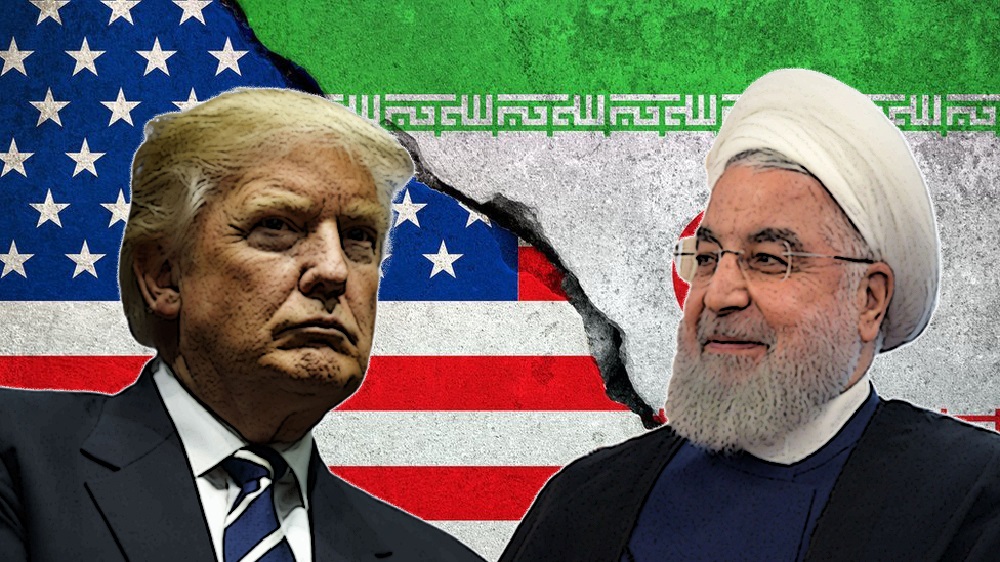
Trump Seeks Global Wins with UK Trade Deal and Iran Overtures Amid Waning U.S. Support for Israel
With the announcement of a tariff agreement with the United Kingdom, Trump can now present, or at least claim, a victory in his dealings with a major foreign leader. In this case, both the British Prime Minister and Trump were in dire need of a win. Since its ill-advised decision to exit the European Union, the UK has seen economic decline. Meanwhile, Trump had long spoken of tariffs as the key to a new golden era for America but had yet to secure any deals. Trump described the agreement with the UK as a “comprehensive and full deal that will strengthen U.S.-UK relations for many years to come.”
Heilbrunn then asked: “And what about Iran?” He explained: “Here too, Trump and Vance are adopting a conciliatory stance.” Vance said at the Munich gathering that talks between the U.S. and Iran are “on the right track” and that Iran could be allowed to maintain a “civilian nuclear program.” Vance even alluded to the possibility that Trump would seek to “reintegrate Iran into the global economy.” Any such agreement would be a clear disappointment to Washington’s hawkish factions—not to mention what it would mean for Israeli Prime Minister Benjamin Netanyahu.
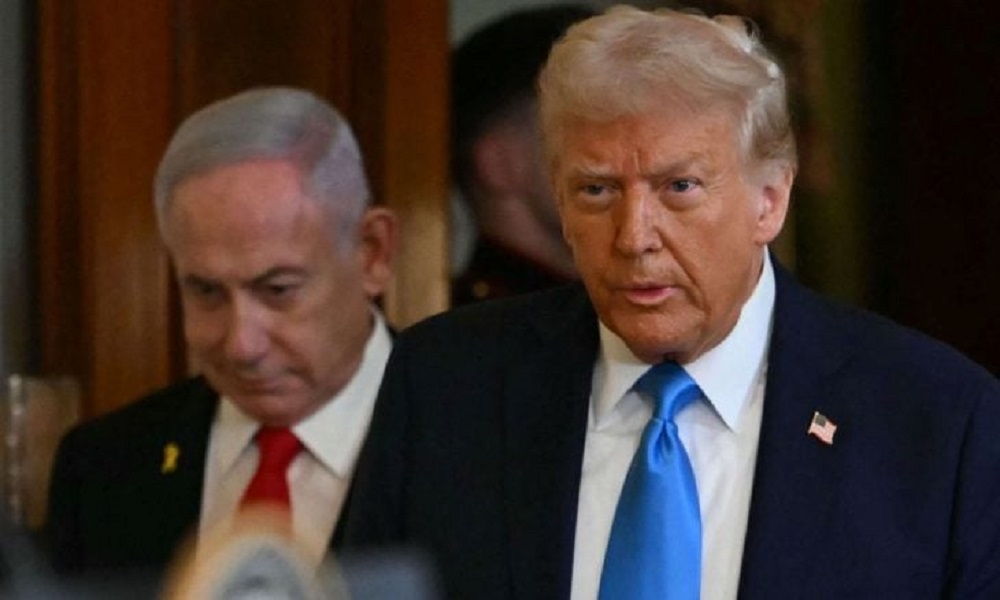
Israel Faces Growing U.S. Discontent and Uncertainty Under Trump’s Shifting Foreign Policy
However, Israel must act cautiously with the Trump administration. While relations remain strong, there are undercurrents of tension. A Gallup poll revealed a growing number of Americans are becoming dissatisfied with Israel. Only 46% of adults expressed support for Israel—the lowest level in 25 years—while 33% said they sympathize with the Palestinians.
In the world of “Make America Great Again,” there’s considerable debate about U.S.-Israeli relations. Trump, unlike Joe Biden who maintains a deep emotional connection to Israel, follows a philosophy of “no permanent allies and no permanent enemies.”
In an article for the Jerusalem Strategic Tribune, writer and analyst Ahmed Charai issued a crucial warning regarding the relationship between Jerusalem and Washington. He wrote: “In the United States, support for Israel remains strong in key institutions, but the war has complicated the messaging. While American leaders focus on domestic priorities, broader Israeli leadership—not just the government—must articulate its case clearly in Washington.”
Charai added, “Israel must not take America for granted. Netanyahu should pay close attention to that.”

